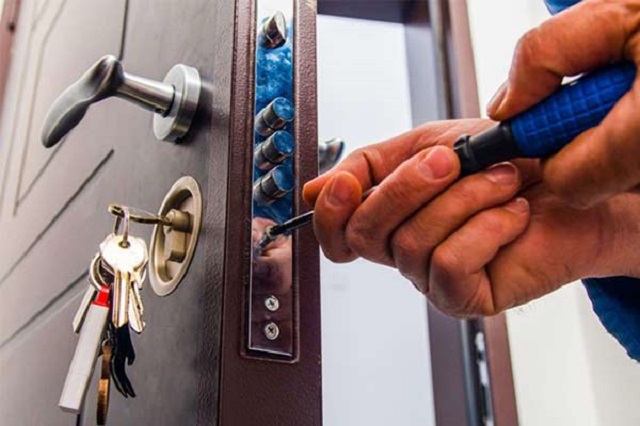How to Become a Locksmith
2024-10-19 11:33

Locksmithing is a skilled trade that offers a unique combination of problem-solving, technical expertise, and customer service. As security concerns continue to rise, the demand for professional locksmiths remains strong. If you're considering this career path, here's a comprehensive guide to help you understand how to become a locksmith.
1. Understanding the Profession
Locksmiths are responsible for a variety of tasks related to locks and security systems. Their duties can include installing and repairing locks, creating and duplicating keys, and providing emergency services when clients are locked out of their homes or vehicles. Locksmiths also advise clients on security systems, helping them choose the best solutions for their needs. Understanding the scope of this profession is crucial before embarking on your journey.
2. Educational Foundations
While a college degree is not a prerequisite, having a high school diploma or equivalent is essential. Basic courses in mathematics, electronics, and mechanical skills can provide a solid foundation. Some vocational schools and community colleges offer specialized locksmith training programs that cover the essentials of the trade, including lock mechanics, key cutting, and security technology. These programs typically last several months and can significantly enhance your skill set.
3. Apprenticeship Experience
Hands-on experience is vital in locksmithing. Many aspiring locksmiths start their careers as apprentices, working alongside experienced professionals. This apprenticeship usually lasts between six months and two years and provides invaluable on-the-job training. During this time, apprentices learn the intricacies of different locks, security systems, and customer interaction. This practical experience is crucial for developing the skills necessary to succeed in the field.
4. Licensing and Certification
Licensure requirements for locksmiths can vary widely depending on where you live. Some states or countries require locksmiths to be licensed, which often involves passing a background check and completing a specified number of training hours. It's essential to research the specific regulations in your area.
In addition to licensure, obtaining certification from a recognized organization, such as the Associated Locksmiths of America (ALOA), can enhance your credibility. Certification demonstrates your knowledge and competence in locksmithing, making you more appealing to employers and clients.
5. Developing Key Skills
Successful locksmiths possess a range of essential skills, including mechanical aptitude, problem-solving abilities, and strong communication skills. Attention to detail is crucial, as even minor mistakes can compromise security. As you gain experience, consider focusing on specific areas of locksmithing, such as automotive locks, residential security, or safe installation. Specializing can set you apart from competitors and increase your marketability.
6. Starting Your Own Business
After gaining experience, many locksmiths choose to become self-employed. Starting your own locksmith business can provide flexibility and the potential for higher earnings. To launch your business, you'll need to obtain the necessary licenses and permits, invest in tools and equipment, and develop a marketing strategy. Networking within your community and providing exceptional service will help you build a solid client base.
7. Staying Updated in the Field
The locksmithing profession is constantly evolving due to advancements in technology and security systems. Staying informed about the latest trends and techniques is vital for remaining competitive. Consider attending workshops, seminars, and trade shows to continue your education and expand your knowledge. Online courses can also be beneficial for learning about new products and technologies.
8. Building a Positive Reputation
A locksmith's reputation can significantly impact their career. Providing excellent customer service, being reliable, and maintaining a high standard of work are key components to building a strong reputation. Engage with your community, encourage satisfied customers to leave reviews, and handle complaints professionally. A good reputation will lead to repeat business and referrals, crucial for long-term success.
Conclusion
Becoming a locksmith requires a combination of education, hands-on experience, and dedication to the craft. By understanding the requirements, pursuing the necessary training, and developing your skills, you can build a successful career in locksmithing. If you want to be a qualified locksmith, it is very important to have a set of useful lock picking tools. As security needs continue to grow, this profession offers stability and the chance to make a positive impact in your community. Whether you choose to work for a company or start your own business, the journey of a locksmith is both challenging and rewarding.
 Promotion: 5% Discount Code: 5vip
Promotion: 5% Discount Code: 5vip